Difference of religion breeds more quarrels than difference of politics
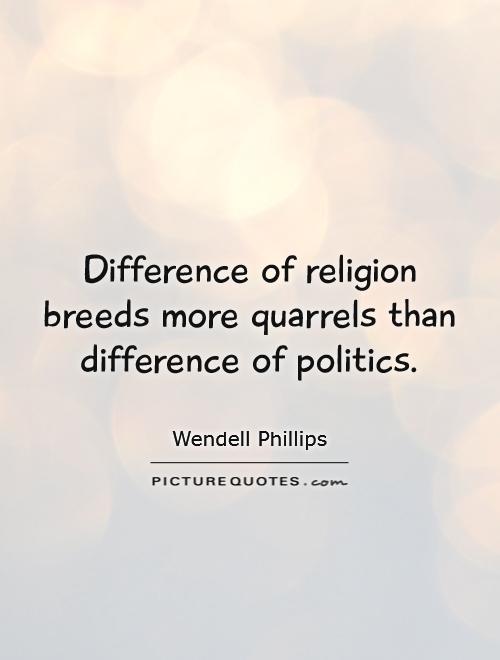
Difference of religion breeds more quarrels than difference of politics
Wendell Phillips, a prominent American abolitionist and advocate for social justice, once famously said, "Difference of religion breeds more quarrels than difference of politics." This statement holds a great deal of truth, as history has shown time and time again that religious differences have often been the root cause of conflict and strife among individuals and societies.Religion is a deeply personal and often deeply held belief system that shapes the way individuals view the world and their place in it. When individuals hold different religious beliefs, it can lead to misunderstandings, mistrust, and ultimately, conflict. This is because religion is often seen as a fundamental aspect of a person's identity, and when that identity is challenged or threatened by someone with different beliefs, it can lead to feelings of insecurity and defensiveness.
In contrast, differences in political beliefs are often more easily reconciled through dialogue and compromise. Politics, while also a deeply held belief system for many, is more fluid and subject to change over time. Political beliefs are often based on ideology and policy preferences, rather than deeply ingrained religious teachings. As a result, individuals are often more willing to engage in civil discourse and debate when it comes to politics, rather than resorting to violence or conflict.
However, it is important to note that politics and religion are not always mutually exclusive. In many cases, religious beliefs can inform political beliefs and vice versa. This can further complicate matters and lead to even greater conflict when individuals feel that their religious beliefs are being threatened by political decisions or policies.
In the context of Wendell Phillips, a staunch advocate for social justice and equality, it is clear that he understood the power of religion to divide people and communities. Phillips believed that in order to create a more just and equitable society, individuals must be willing to set aside their religious differences and come together in the pursuit of common goals. By focusing on shared values and principles, rather than divisive religious beliefs, Phillips believed that individuals could overcome their differences and work towards a more harmonious and peaceful world.

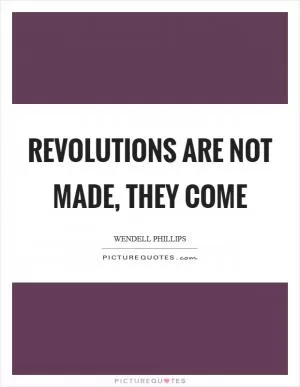
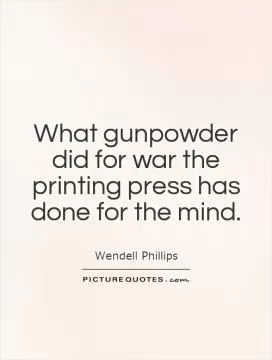
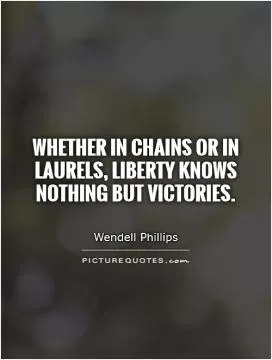
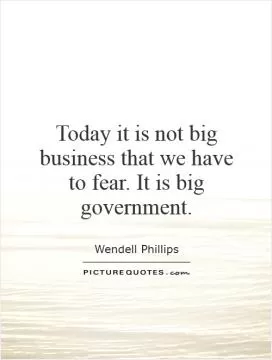
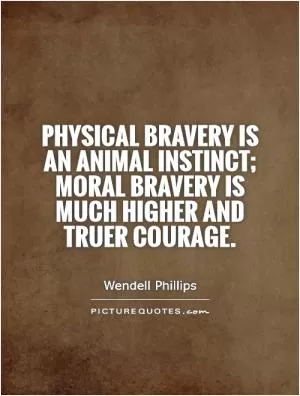
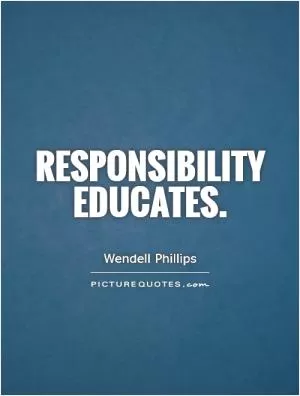
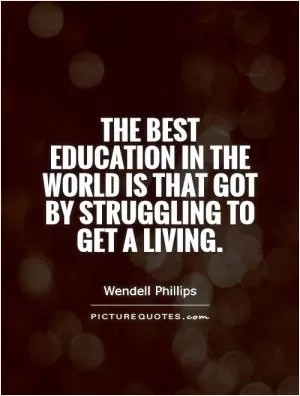
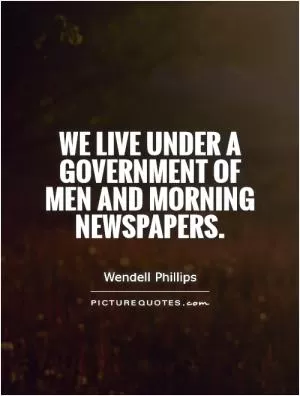
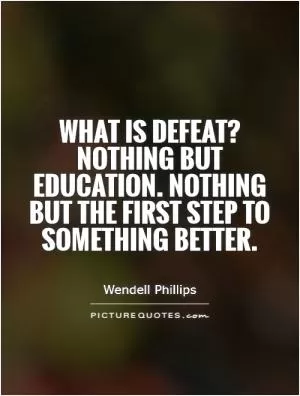
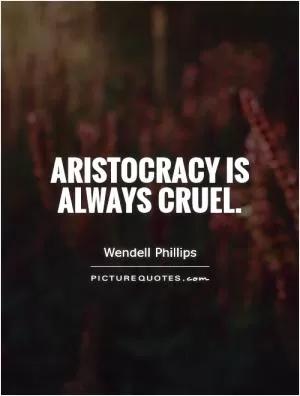
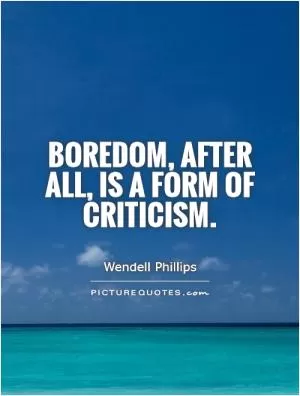
 Friendship Quotes
Friendship Quotes Love Quotes
Love Quotes Life Quotes
Life Quotes Funny Quotes
Funny Quotes Motivational Quotes
Motivational Quotes Inspirational Quotes
Inspirational Quotes